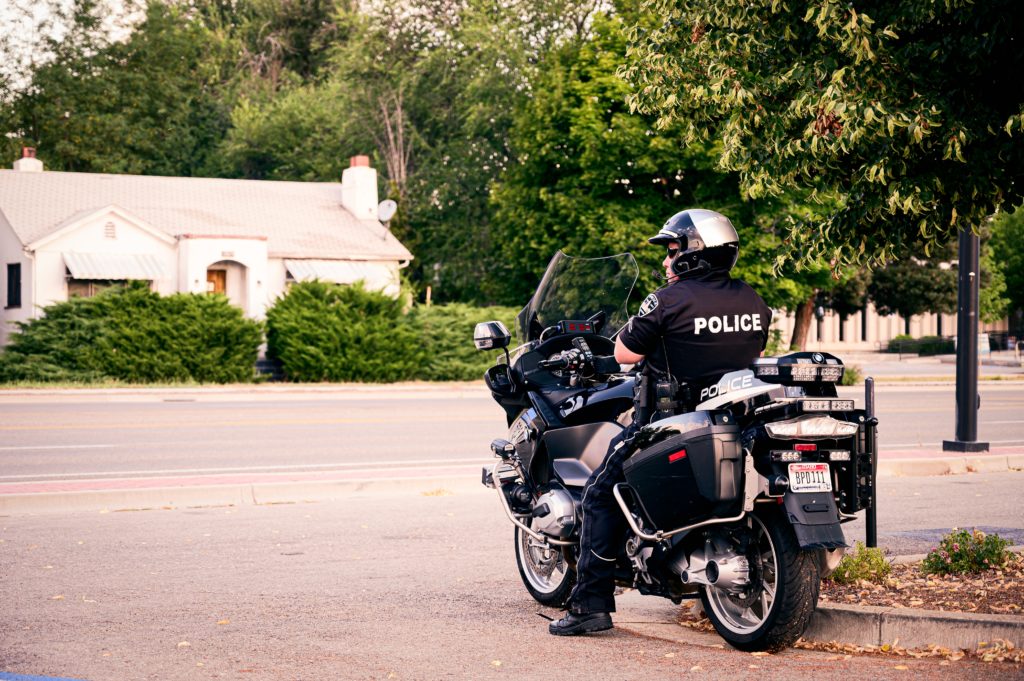CHOKEHOLDS
Tell Us Your Story
When police officers injure an individual through the unnecessary use of a chokehold, it is a form of excessive force. Like all excessive force claims, they are governed by 1983 claims. A chokehold is when someone uses their body to grip a person’s neck, restricting their breathing in an effort to detain them. Using a chokehold can cause severe pain, injury and even death because of the restricting of breathing. One of the most prominent recent cases of police using excessive force was the violent killing of George Floyd, who was murdered by a police officer who pressed his knee down on his neck despite Floyd pleading that he couldn’t breathe. McEldrew Young is currently conducting an investigation on behalf of Floyd’s estate, with the intention of filing potential lawsuits against the offending officers, the police department and the City of Minneapolis.
Are Chokeholds a Sign of Police Excessive Force?
Chokeholds have been recognized by courts as a form of police excessive force. Whether or not the use of a chokehold rises to the level of excessive force, like all 1983 claims, depends on whether the use of a chokehold was reasonable or not. That often depends on whether the individual who is detained is resisting or whether other, less violent means of force could have been used. An example of the use of a chokehold as excessive force was examined by the U.S. Court of Appeals for the Sixth Circuit in Coley v. Lucas County, Ohio, 788 F.3d 530 (Cir. 6 2015). In that case, a police sergeant used a chokehold on an unresisting, detained individual. Id. at 535. The person was taken to the hospital where he was ruled brain dead and died. Id. The court noted that the “use of a chokehold on an unresisting—and even an initially resistant—detainee violates the Fourteenth Amendment.” Id. at 540. The court also pointed out that the use of a chokehold that caused the individual’s death violated his constitutional rights. Id. The court found that since the officer’s use of force was “excessive and impermissible,” the officer knowingly violated the detainee’s clearly established rights, and the officer was denied qualified immunity. Id. at 541.

In the more recent case of Tuuamalemalo v. Greene, the plaintiff was detained by police following a concert. Despite not resisting, an officer pinned him to the ground and used a chokehold on him, which caused him to pass out. 946 F.3d 471 (9th Cir. 2019). The plaintiff testified that, before passing out, the last thing he heard was one of the officers saying “choke his ass out.” Id. at 475.
The U.S. Court of Appeals for the 9th Circuit noted that five other officers were present during the encounter, and that the plaintiff was not resisting when the chokehold was used. Id. at 477. The Court decided that the officer’s use of a “chokehold to a non-resisting, pinned person violated Tuuamalemalo’s clearly established federal rights.” Id.
“Freedom is never really won, you earn it and win it in every generation.”
- Coretta Scott King
Contact Us
(800) 590-4116
Locations
McEldrew Young Purtell Merritt
123 S. Broad St., Ste. 2250
Philadelphia, PA 19109
Tell Us Your Story
Copyright ©1998-2022 McEldrew Young Purtell Merritt. All rights reserved. All materials presented on this site are copyrighted and owned by McEldrew Young Purtell Merritt unless in the public domain or attributed to another source. Any republication, retransmission, reproduction, downloading, storing or distribution of all or part of any materials found on this site is expressly prohibited. Submission and/or contact does not constitute the formation of the attorney client privilege, which is not established until we fully evaluate and affirmatively accept representation in writing.
